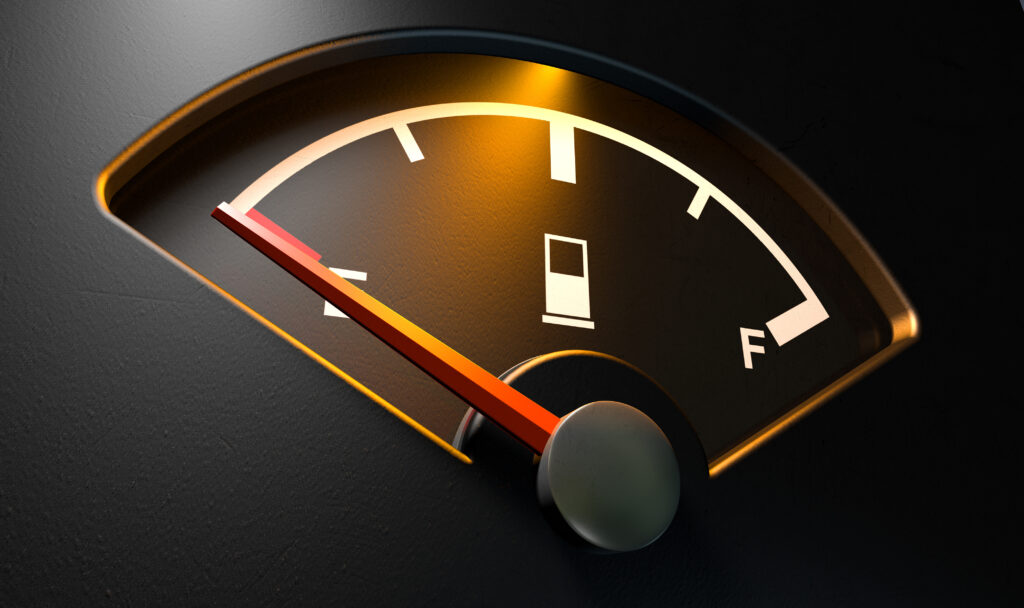
When it comes to choosing between gasoline and diesel fuel for your vehicle, there are several factors to consider. Each type of fuel has its advantages and disadvantages, and the decision ultimately depends on your specific needs and preferences. Let’s dive into the difference between gasoline vs. diesel, what each is used for, and whether one is better than the other for your vehicle.
Gasoline
Gasoline is the most widely used fuel type for passenger vehicles. It is a highly refined petroleum product that is primarily used in spark-ignition engines. Gasoline provides quick and efficient combustion, resulting in smooth acceleration and responsiveness. It is readily available at gas stations and generally costs less than diesel fuel. Gasoline engines also require less maintenance and tend to have a longer lifespan compared to diesel engines.
Diesel
Diesel fuel is primarily used in compression-ignition engines found in trucks, heavy-duty vehicles, and some passenger cars. Diesel engines are known for their torque output and fuel efficiency. They typically offer better fuel economy, especially for long-distance driving or towing heavy loads. Diesel fuel also contains more energy per gallon compared to gasoline, which means that diesel engines can produce more power. However, diesel fuel is generally more expensive than gasoline, and diesel vehicles often have higher maintenance costs.
Gasoline vs. Diesel: Which Is Better?
Determining whether gasoline or diesel is better for your vehicle depends on various factors. If you primarily drive short distances and are looking for a vehicle with lower upfront costs and easier maintenance, a gasoline-powered car may be the better choice. Gasoline is also the preferred fuel for most small to mid-size cars.
On the other hand, if you frequently drive long distances or need a vehicle with substantial towing capabilities, a diesel-powered vehicle may be more suitable. Diesel engines provide better fuel efficiency and torque, making them ideal for heavy-duty applications. However, it’s important to consider the higher initial cost of diesel vehicles and the potential for increased maintenance expenses.
Ultimately, the decision between gasoline and diesel comes down to your specific needs, budget, and driving habits. It’s essential to research and compare different vehicle models, fuel costs, and maintenance requirements to make an informed choice.
To learn more about gasoline and diesel used vehicles, contact us at Auto Action today or stop by to check out our inventory!
